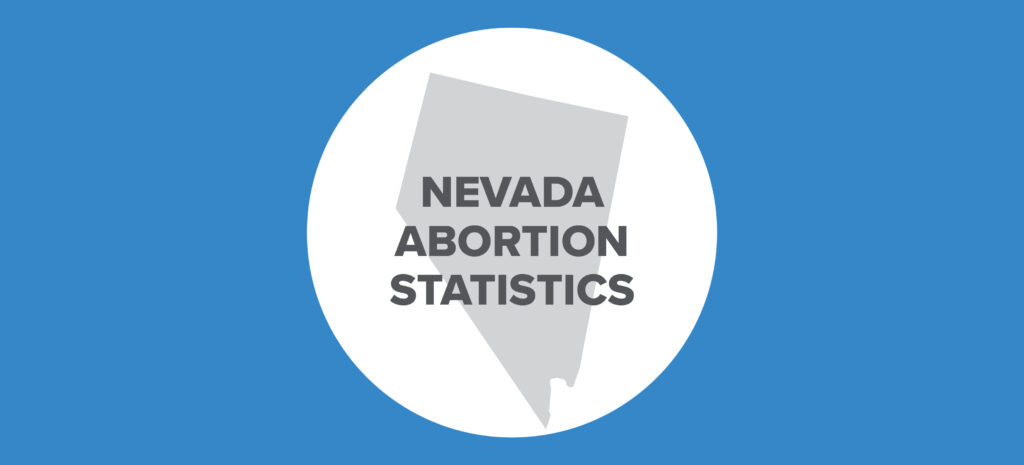Abortion Reporting: Maine (2022)
Maine’s 2022 abortion report was published in August 2023. The report indicates that abortions increased from 2021 to 2022.
Statistics and Changes in Maine Abortions, 2021-2022

The report does not include information on Planned Parenthood’s Maine abortion market share.
Abortion Totals and Trends
There were 2,225 abortions reported in Maine in 2022, up 16.2% from the 1,915 reported in 2021 and the highest total since 2010, when 2,311 abortions were reported (Fig. 1). Chemical abortions increased as well, by 21.5%, from 1,159 in 2021 to 1,408 in 2022. The Charlotte Lozier Institute (CLI) estimates that Maine’s abortion rate in 2022 was 9.1 abortions per 1,000 women ages 15 to 44, an increase of 15% from 2021’s abortion rate of 7.9 (Fig. 2).1 As of November 2023, 23 states have reported 2022 data and 13 have shown an increase in abortions from 2021.
State Report Summary
Ninety-four percent of abortions reported in Maine in 2022 were performed on Maine residents, and 6% on nonresidents. New Hampshire had the greatest number of women (79) obtain abortions in Maine, followed by Massachusetts (10) and Texas (nine).
Ten percent of the abortions were performed on girls under the age of 20, including 3% on girls under the age of 18. Fifty-three percent were on women in their twenties, with 27% on women ages 20 to 24 and 26% on women ages 25 to 29. Thirty-three percent of Maine abortions were on women in their thirties, and 4% were on women aged 40 or older. Age was not reported for seven abortions.
White women obtained the vast majority of abortions reported in Maine in 2022, accounting for 85% of the total. Nine percent of the abortions were on black women, 1% each on Native American and Asian women, and another 1% on women of multiple races. Six abortions were performed on Hawaiian or Pacific Islander women and seven on women of other, unspecified races. Three percent of abortions were performed on women whose race was not reported. CLI estimates that Maine’s black abortion rate in 2022 was 32.1 abortions per 1,000 women ages 15 to 44, four times the white abortion rate of 8.4 abortions per 1,000 women.
Eighty-one percent of Maine abortions were performed on unmarried women, 15% on married women, and almost 5% on women of unknown marital status. The majority of abortions (64%) were on women who had no previous abortions, while 24% were obtained by women with one prior abortion, and 12% on women with two or more. Half of the abortions were on women with no prior live births. Twenty-one percent were on women with one previous live birth and 29% were on women with more than one. One-fifth of the abortions were on women who had previously suffered a miscarriage.
In 2022, chemical abortions made up 63% of the abortions reported in Maine. Thirty-two percent of the abortions were performed using suction curettage, and 5% were dilation and evacuation procedures. One abortion was performed via sharp curettage.
Seventy-two percent of the abortions were performed earlier than nine weeks of gestation, 15%between nine and 10 weeks, and 6% between 11 and 12 weeks. Four percent occurred from 13 to 15 weeks, dropping to 2% from 16 to 19 weeks of gestation. Six abortions were reported at 20 weeks of gestation or later and four were reported at an unknown gestational age.
Legislative Changes
In July 2023, Maine Governor Janet Mills signed H.P. 1044 into law. This bill eliminated the state’s limit on abortions after viability from the statute code. Maine’s viability limit already contained a health exception so broad that it effectively allowed abortion on demand. However, H.P. 1044 establishes that post-viability abortions are legal whenever a doctor deems them “necessary.” This legislation also weakens Maine’s abortion reporting, starting with 2023 data that will likely be released in late summer of 2024. Under the new law, the state is not required to report marital status, race, or previous pregnancy histories in its annual abortion reports.
State Ranking
In 2016 CLI surveyed states’ abortion reporting requirements and found that Maine’s reporting tied for 36th best. To improve its reporting, Maine could expand and strengthen the reporting requirements that were weakened by H.P. 1044. Maine could also require the reporting of complications caused by abortion, as many other states do.


- National rates were calculated by the Guttmacher Institute. Maine rates were calculated by CLI using the following formula: (total number of abortions performed in Louisiana ÷ number of resident women ages 15-44 [based on most recent population estimates]) x 1,000. Rates may differ slightly from previous CLI articles due to revised population estimates and abortion totals. Population estimates were obtained from the CDC WONDER database. Population estimates were obtained from the CDC WONDER database. Estimates for 2005-2009 are intercensal estimates of the July 1 resident population. Estimates for 2010-2019 are Vintage 2020 postcensal estimates of the July 1 resident population. Estimates for 2020-2022 are Vintage 2022 postcensal estimates of the July 1 resident population. Estimates were produced by the U.S. Census Bureau and the National Center for Health Statistics.






























